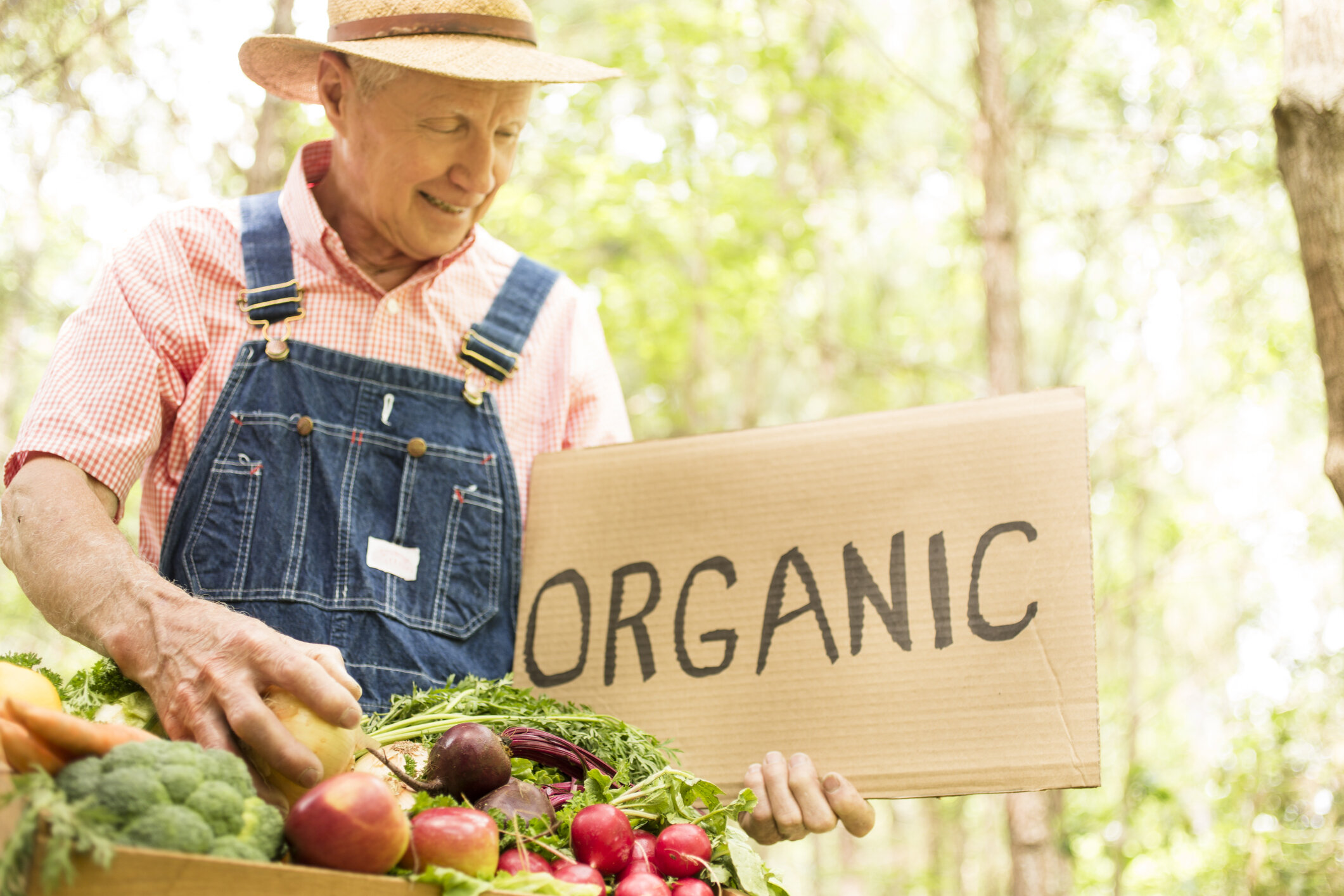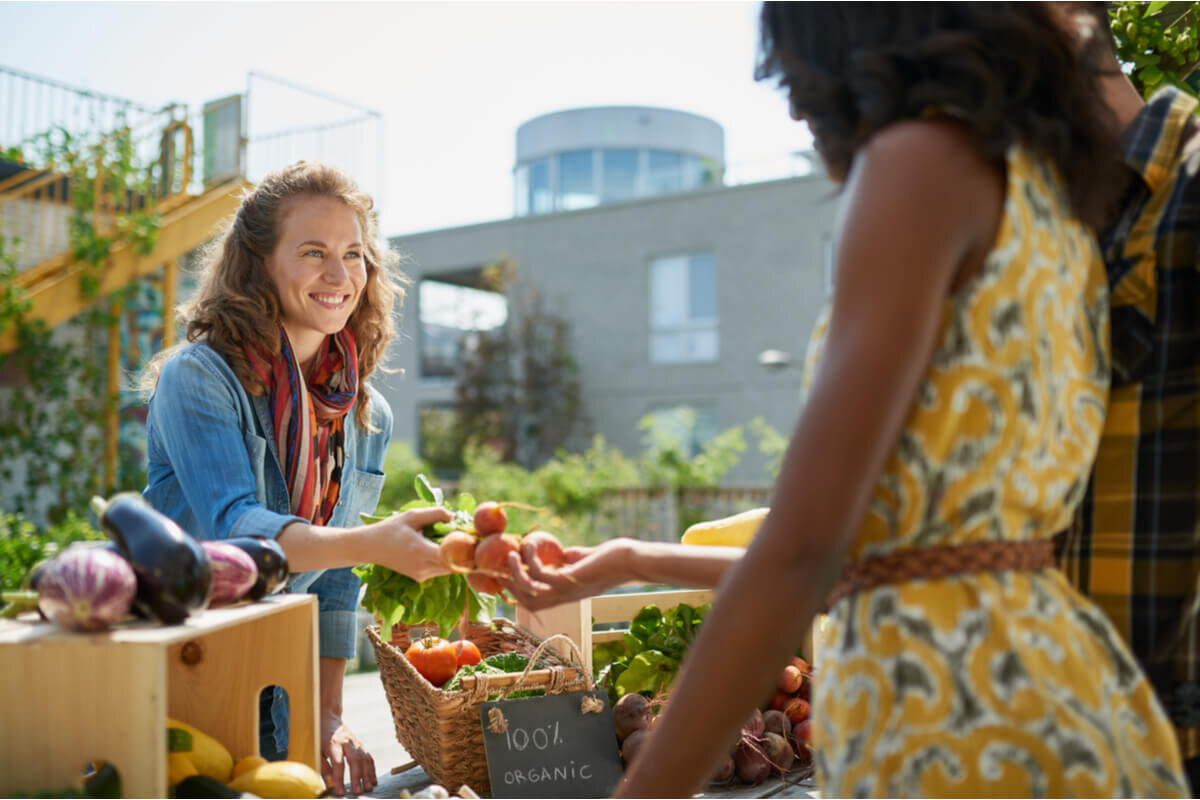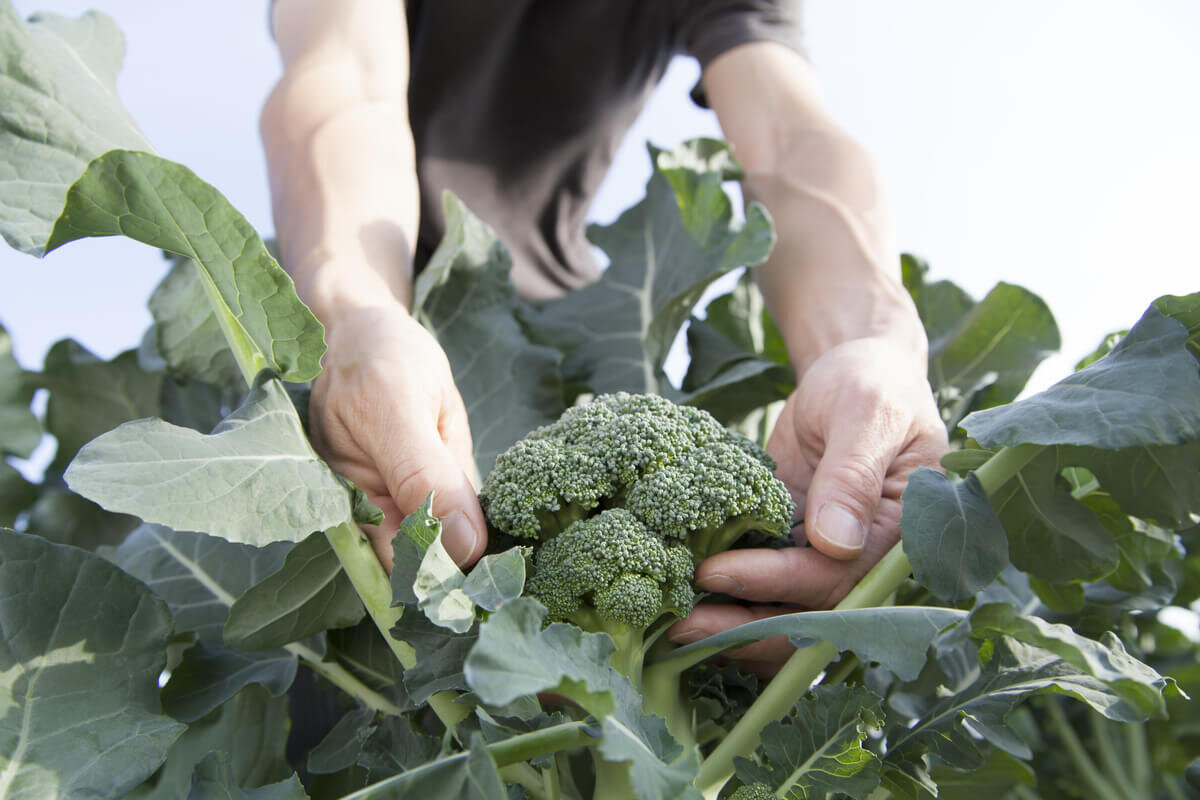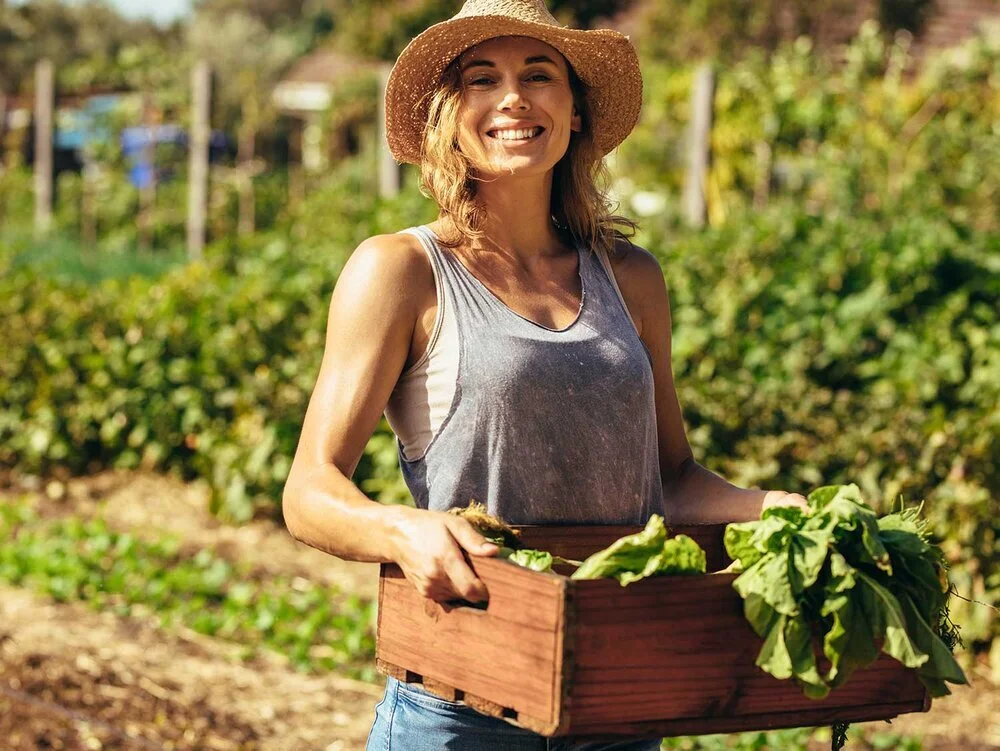Glyphosate: A Gut Toxin to Avoid
What is glyphosate and why do we want to avoid it?
Glyphosate is a broad-spectrum systemic herbicide and crop desiccant that is the main ingredient in Roundup (aka weed killer). Roundup is the most widely used herbicide in the world, and recent studies have linked glyphosate exposure to cancers and other health risks in both humans and pets.
So why do we care about it? Glyphosate use is widespread in the farming industry globally, and unfortunately, the majority of us in the U.S. are ingesting at least some level of this pesticide daily through typical food consumption. The question at this point is not about eliminating glyphosate altogether, but rather, how can we limit our exposure? Studies have linked glyphosate to cancer and other health risks that have surged places like Miami FL, Portland ME, LA County CA, and countries like Austria and Germany to ban or restrict the herbicide. In addition, studies have confirmed that ingestion of glyphosate puts us at a higher risk of gut permeability and potential autoimmune disorders. To dive deeper on glyphosate, gut-permeability and gluten check out my blog post here.
What are the top foods glyphosate is found in? The list is endless: soy, wheat, corn, oats, nuts, sugar, lentils, peas … glyphosate exposure is almost unavoidable if you don’t do your research and pay attention to where your food is coming from. To make this easier, I’ve rounded up my top tips for minimizing glyphosate exposure below.
Minimizing Glyphosate Exposure:
Eat Organic
Eating certified organic foods drastically minimizes our risk to glyphosate exposure. The use of Roundup is banned from organic crops, and though glyphosate cross-contamination is not always completely avoidable, glyphosate levels found in foods from organic crops is minimal compared to non-organic and conventional foods.
Studies have shown that people who eat organic foods have lower levels of glyphosate and synthetic pesticides in their bodies.
Shop Seasonally & Locally
Fruits and vegetables harvested locally and in season are fresher and often taste better - AND knowing where your food comes from and who is growing it gives you the opportunity to ask questions. Don’t be shy - reach out to local farmers or companies and ask about their growing practices - your gut will thank you!
Check out this resource to find local CSAs and markets in your area. If you’re local to Boston, this Farmers Market and Mobile Market Map is also a great resource.
Grow Your Own Produce (or at least some!)
Not only is it better for your wallet and for the environment, but growing your own produce or herbs ensures that you know exactly what is going into your food (and what is staying out of it!).
Don’t know where to start? Spring is the perfect time, and here is the perfect guide for how to grow your own herb garden.
Pro tip: start small and pick just a few of your favorite produce items to focus on growing first!
Support Glyphosate Residue Free Brands
The good news is, there are initiatives and food companies who are fighting back against glyphosate contamination! The Detox Project is a research and certification platform that encourages transparency on the use of toxic chemicals in our food - working to uncover the truth about pesticide levels in top-selling products in the U.S. and around the world. For more on The Detox Project and their list of certified Glyphosate Residue Free brands visit their website.
Minimize consumption of mass produced cereal grains like wheat, corn and oats - and other crops like soy and peas which tend to be the most glyphosate contaminated crops in the U.S.
The Bottom Line - we can’t live our lives in fear of the food industry and in a state of constant stress about toxin exposures - INSTEAD use the information above to empower you to make smart decisions around food sourcing to better your gut health for the long run.
Join me in taking the pledge to get glyphosate out of our food here!
As always I am here to help. Want more holistic support from me? Schedule a 30 minute complimentary call with me here so we can discuss your individual needs!







